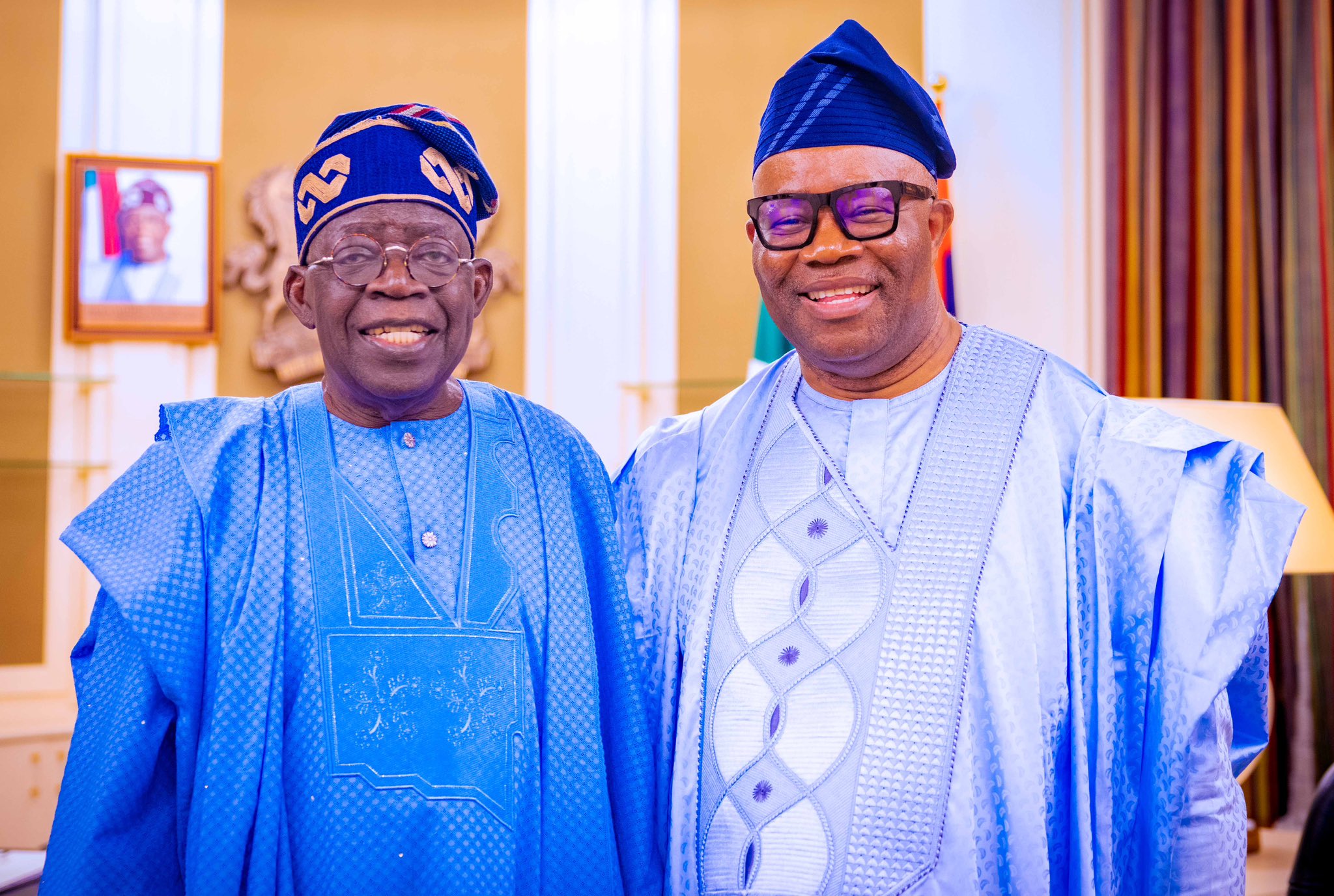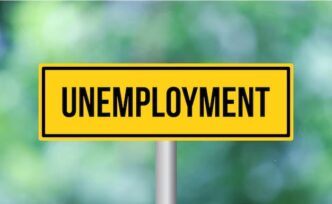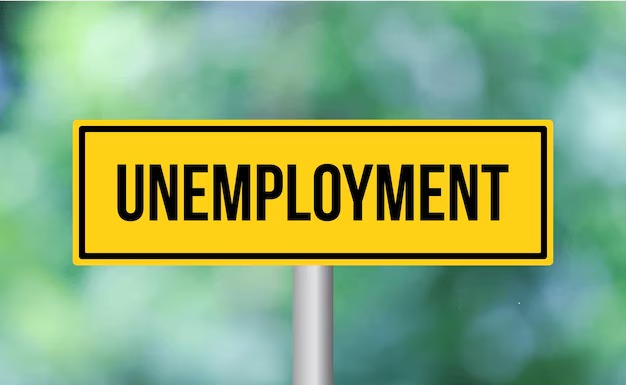African Continental Free Trade Area (AfCFTA) would be the largest single trading bloc in the world, aside the World Trade Organisation (WTO), once it becomes fully operational. And that would guarantee Africa a prime of place among the comity of nations in the world of international trade. It will be a massive bargaining chip to get a fair deal for the long-suffering people of the continent, that would launch them on the path of sustainable development.
Considering how strategic Nigeria is expected to be in everything that has to do with economic development of Africa, there is no prize for accurately predicting what role Nigeria will play in making this a reality. And if Nigeria lives up to the leadership role it’s primed to play on the continent, it will be a win-win thing for the country and the rest of the continent. Nigeria is a ready market of over 200 million consumers. That should turn heads in any multinational’s boardroom, irrespective of their product lines. This explains why people, like yours sincerely, who are interested in Africa’s regional economic integration became disappointed over Nigeria’s refusal to sign the African Continental Free Trade Agreement (AfCFTA) on time, until President Muhammadu Buhari did on 7 July 2019. But, signing the agreement is one thing, implementing it is an entirely different kettle of fish.
To demonstrate its commitment, the Nigerian government has established the National Action Committee on the AfCFTA (the NAC). But the reason for this delay in commencing the Guided Trade Initiative (GTI) — a pilot scheme aimed at test-running the feasibility of the agreement (AfCFTA), is quite understandable. The modality, to ensure that existing treaties signed by the country are not drastically affected, must be worked out, nevertheless, at last, here we come.
It was, therefore, a thing of joy for me that, as the kick-off of the African Continental Free Trade Area (AfCFTA) gathers momentum in countries like Ghana, Uganda, Kenya, Tunisia, Rwanda among other countries with the GTI, Nigeria, one of the three largest economies on the continent has finally overcome the institutional inertia, and had taken the bold step of joining the fray. This happened on Tuesday, the 16th of July 2024, when it joined within the framework of the GTI. The first shipment of goods from Nigeria to some member countries was done by “The Le Look”, a bags-and-fashion accessories company (It was the first Nigerian business concern to use the AfCFTA’s GTI), owned by one Madam Chinwe Ezenwa, who was the first Nigerian to use the AfCFTA’s Guided Trade Initiative. She holds the first Agreement’s certificate of origin. No less an important personality than the UK’s Permanent Representative to the World Trade Organization (WTO) and UN in Geneva, Simon Manley, gave a statement during a “Nigeria’s Trade Policy Review” earlier this November, commending the federal government on this milestone achievement.
Advertisement
The achievement could not have come at a better time than now, when the Nigerian economy is experiencing an unprecedented turbulence, signposted by what I call, “a galloping hyperinflation” (if there is anything like that), induced by a very weak currency — the Naira, and over dependence on import. Our production and consumption are both, heavily import-dependent. This occasions deficits in the country’s Balance of Trade, and by implication, Balance of Payment. The Nigerian economy can therefore succinctly put, be said to be a grossly import-dependent, and export-deficient one. It is not due to a lack of productivity by Nigerians, but to lack of a clear-cut policy agenda, on the part of those in government, to stimulate export, and discourage the importation of virtually everything, including things that could be sourced locally. It must be reemphasized that, Nigerians are some of the most industrious and enterprising people you can ever find on this side of life. But imagine, a monocultural economy like that of Nigeria, depending solely on crude oil export without any value addition, and having to import refined products in return, to meet domestic demands. Meanwhile, the federal government has four refineries lying comatose — two in Port Harcourt (did they say one of them has commenced operation?), and one, each in Warri and Kaduna. That is an economic disaster waiting to happen. And it seems to be exploding in our faces at the moment. But with this new vista of market opportunities opened for Nigerian businesses to take their products and services beyond the shores of the country, across to other African countries, the government cannot afford not to get it right at this opportune moment.
The newly commissioned, multi-billion dollars Dangote Refinery and Petrochemical limited on the Lekki peninsular is a good starting point for us. It is reported to be the single largest train of refinery in the world, with a daily refining capacity of 650 barrels of crude. It, reportedly, has the capacity to meet a larger chunk, if not all, of African demand for refined petroleum products. Moreover, Nigeria is reputed to be the largest producer of rice in Africa, even though it is still struggling to meet its local demands. The same goes for tomatoes, and several other agricultural produce. In fintech, Nigerian firms also blaze the trail with the likes of Flutterwave, Interswitch, Opay, Moniepoint, Paga, Remita, Kuda among others, taking the driver’s seat in Africa.
So it won’t be out of place to say that, Nigeria has, for ages, been a major player in intra African trade and economic integration, exporting goods and services to other African countries, even though, the volume of the trade still remains abysmally low, compared to what the African Union’s Vision 2063 envisions. For instance, footballing talents from Nigeria are scattered all over the continent, from Cape Town to Cairo, from Banjul to Khartoum. Ditto for Nollywood movies, which have formed a core part of millions of homes’ entertainment packages, across the continent and beyond. Not forgetting the fact that Nigerian banks like the Ecobank, GTBank, Access Bank, Zenith Bank, etc. have spread their tentacles across the sub-Sahara African countries. Although these were done, not within the framework of AfCFTA, things are about to change henceforth, for the better. Of course, things like these are better late than never. Now that AfCFTA is afoot, coupled of the country’s joining the GTI of the AfCFTA, things can only get better.
Advertisement
Now that Nigeria have joined the AfCFTA train: what is in it for Nigeria?
The inherent benefits of AfCFTA are unquantifiable because of its enormity. An export-deficient, and import-dependent economy like Nigeria’s can do with exporting goods and services to other African countries as a starting point for its export promotion drives, aimed at jump-starting the economy that is currently being suffocated by, radical reforms, and high exchange rate of its currency to other major currencies (like the USD and the GBP) in the international market. It (kick-starting AfCFTA through GTI) will also help reduce the rate of unemployment in the land, as most, if not all, of the companies would be operating at, at least, optimum capacity. This is because there is a waiting market for their products and service, across the borders. It would also serve as a pull-factor, for those multinational companies that had exited the country, or relocated to neighbouring countries, in the past couple of years, and also attract new ones.
What the government must do not to miss out on these benefits:
Corruption by government officials has been a major de-marketer of the country in the eyes of the international community, even though, no country is immune to it. But that of Nigeria appears to be so brazen that, it is now like “a way of life” that the government no longer regards as an offence, despite the existence of anti-graft agencies to tackle the menace. It has almost been elevated to the level of officialdom. But, since curative approach of these agencies seems not to be working, the government needs to focus more on preventive approach. This can be done, by evolving a system that would be foolproof, and not amenable to corrupt practices by government officials so as not to scare away businesses from other countries, as well as discourage local ones from embarking on exportation. If tales from a couple of my friends who have tried their hands on exporting some local products are anything to go by, importation appears to be much easier than the former in Nigeria. No thanks to the corrupt government officials at the different ports around the country. This is not a good one for the almost recessive economy in dire need of reflation. A systemic approach, that leaves no room for manipulation with a view to gaming the system, must be evolved.
Advertisement
The financial sector must be closely monitored by anti-grafts agencies like the Economic and Financial Crimes Commission (EFCC), the Nigerian Financial Intelligence Unit (NFIU), and the Independent Corrupt Practices and other related Offences Commission (ICPC), to improve the country’s digital regulatory environment, to boost the confidence of foreign businesses in our digital payment system. This is necessary because we are, expectedly, going to key into the Digital Trade Protocol that would power AfCFTA, and collaborate with the Pan African Payment and Settlement System – PAPSS.
Tackle infrastructural deficit
The Nigerian government must, as a matter of importance, begin to view the decayed and decaying infrastructures across the country with the lens of somebody who is used to a saner, better, and normal way of doing things, rather than the culture of “anyhowness” to which we’ve become accustomed. Nigeria need roads that are devoid of craters, fairly improved and stable supply of electricity, and other social amenities that boost economic activities in the country. The need for improved security can never be overemphasized, as nothing meaningful can take place in an atmosphere where there is security of lives and properties.
What to look forward to
Advertisement
The initiative is expected to unlock an estimated $50 billion in economic opportunities for Nigerian businesses, out of the total estimated $450 billion potential “income gain” from the AfCFTA-driven investment portfolios across the continent. In such a case Nigerian governments at all levels must be upfront, and consistent, in terms of policy formulation and implementation, so as to not extinguish the faith of the investing public and international investors in what the intents of the administration is. What we’ve been witnessing in the past decade or so, has been nothing but policy somersaults. As the Federal Government reels out its “Ease of Doing Business” initiatives, the local, and states governments appear to have set themselves targets of running investors out of business, especially the Micro, Small, and Medium Enterprises (MSMEs). As the federal government is trying to make lives easy for businesses to boost the country’s GDP, and to reduce the rate of unemployment, the subnational governments are piling up taxes and rates that multiply their cost of operations. This is throwing a spanner into the work being done by the federal government. A substantial number of multinationals have, as a result, either left for neighbouring West African countries, or closed shop altogether. A nation’s policy thrust must not be that contradictory. No serious investor, foreign or local, would find such a business ecosystem welcoming enough to want to invest.
Abubakar writes from Ilorin, Kwara State. He can be reached via 08051388285 or [email protected]
Advertisement
Views expressed by contributors are strictly personal and not of TheCable.











